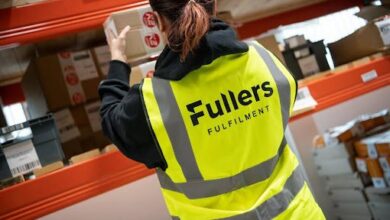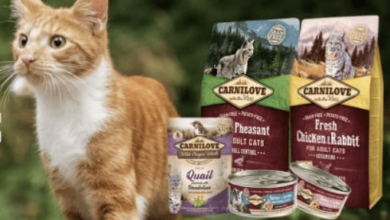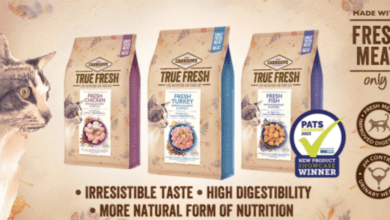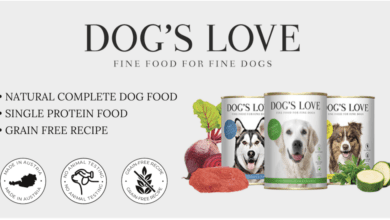Mooch and Gander: A look at the pet industry in 2021
Lisa Baptiste, founder of Mooch and Gander, shares her insight on upcoming pet trends and advises how prospective small businesses can get their foot in the door when it comes to entering the pet industry

For the many pet owners in the UK, the costs of looking after a pet are extensive, yet owners are still willing to pay for premium services from groomers, veterinary requirements to dietary indulgences. The latest trend for pet owners takes a step away from luxury and moves into the sustainability product market.







